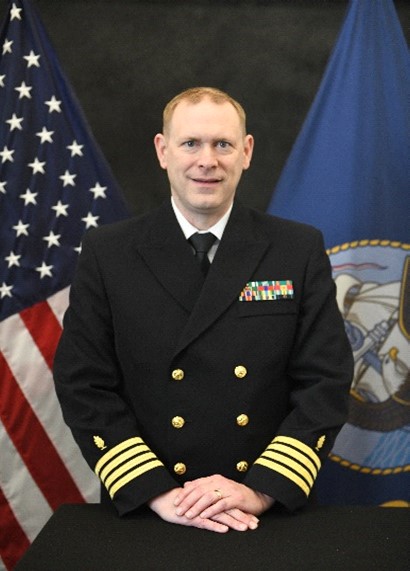Mind and Body: National Handwashing Awareness Week
Published 10:34 am Friday, November 29, 2019
The first week of December is National Handwashing Awareness Week.
As the approaching holiday season coincides with the ramping up of flu season, there is no better time to pay special attention to this most basic of disease prevention principles and just plain good hygiene.
Through the centuries, scientists and scholars began to note and investigate how diseases spread. In 1807, microorganisms were discovered and found to be the cause of most illnesses.
Trending
Even though it seems like a simple task, there are ways to make hand washing more effective.
First, do it right. Wash your hands with soap and water for at least 20 seconds (sing the Happy Birthday twice through while you wash). Don’t forget the backs of the hands or under the nails. Dry them using a clean towel.
Secondly, memorize the five steps: Wet, lather, scrub, rinse and dry.
To underscore the importance of hand washing, here are some facts about hand hygiene:
— According to the Centers for Disease Control (CDC), hand washing can prevent 1 in 3 diarrhea-related illnesses and 1 in 5 infections, including the flu.
— About 1.4 million children under age 5 die from diarrheal disease and pneumonia, the incidence of both of these decreased by hand washing.
Trending
— The CDC reports only 31% of men and 65% of women wash their hands after using a public restroom. Yuck.
— The overuse of antibiotics creates antibiotic resistance. Hand washing prevents many sicknesses, so people need fewer antibiotics. Therefore, less antibiotic resistance.
— A typical human sneeze exits the body at about 200 miles per hour and emits around 40,000 droplets into the air.
Here are the four principles for hand awareness as endorsed by the American Medical Association and the American Academy of Family Physicians:
— Wash your hands when they are dirty and before eating.
— Do not cough into your hands. Kids love the vampire cough into their elbow.
— Do not sneeze into your hands.
— Don’t put your fingers in your eyes, nose or mouth
All of this may seem elementary, but don’t underestimate or undervalue the effectiveness of handwashing in regards to disease prevention.
Happy holidays and happy hand washing from the Clark County Health Department.
Clark County Health Department provides programs for the entire family, including Diabetes Support Group, Diabetes Prevention Program, WIC, HANDS, family planning, well child care/immunizations, and home health care. For more information, call 859-744-4482 or visit www.clarkhealthdept.org.





